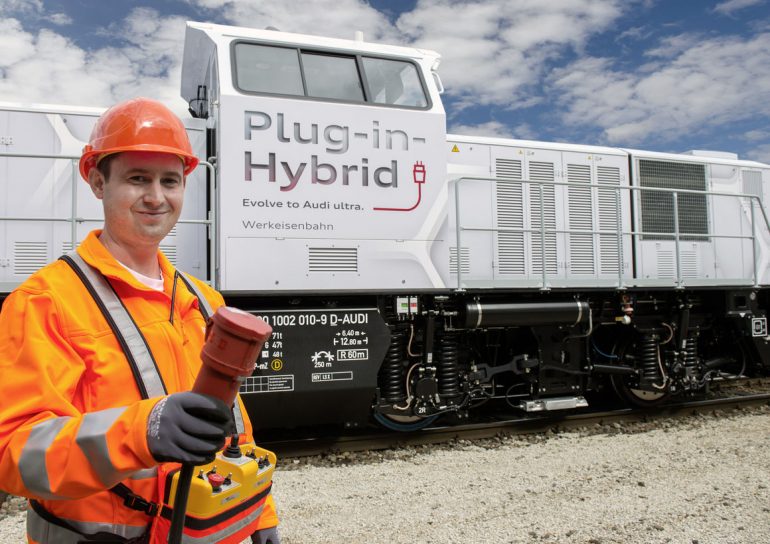As Canada’s Prime Minister joins the world leaders meeting at the G7 Summit in Japan this week hashing out economic, political and environmental challenges on a global scale, one Vancouver-based technology innovator is putting fuel behind a very big idea. Freightera CEO Eric Beckwitt was selected by the leading publication on climate change attending the summit to write the lead statement on the future of how we ship products from A to B around the world: A Green Future for Freight. There are huge problems to solve, but Canadian entrepreneurs in the burgeoning green economy can be a big part of the solution.
“For instance, Canada is blessed with wind energy resources to die for; the resources in the Rockies alone, you could run an entire society on that.”
– Eric Beckwitt, CEO of Freightera
Freightera’s own business model aims to be part of that solution. Their cloud-based B2B online freight marketplace matches carriers with shippers who can instantly compare all-inclusive freight quotes before they book – ultimately bringing order to what is presently a very chaotic and divided marketplace. Even with advances in technology, “the hardest thing to do is get long haul freight transport with zero emissions… and the primary holdup is just fragmentation,” Beckwitt said. “There are so many companies registered to transport freight across North America and they don’t want to consolidate.” The trick will be to use logistics technology to make freight shipment available right when it’s booked.
Beckwitt suggests that with technology available right now, we can transform a wasteful and polluting sector of the economy by using lower-emissions aircraft and ships and a zero-emission fleet of renewable electric trucks and electric rail. All this could dramatically reduce transportation’s carbon footprint by up to 90 percent. If that’s not done, we could instead be looking at emissions going up by 290 percent by 2050. There are many quick wins Beckwitt points out that could ultimately pay off in huge dividends for the environment: “Just look at the impact of shipping ocean cargo and what we could do there. The emissions controls we have on land are highly advanced compared to what’s going on in shipping on water. We could reduce the emissions equivalent of billions of cars,” He notes that due to different regulations around pollution off the coasts of different countries, “we’ve divided the world into zones where it’s clean and where it’s not.”
Green tech startups in this country are particularly well-situated to experiment and innovate, inside or outside the freight sector, Beckwitt suggests. “We have so many more options because we’ve got many kinds of resources and a low population.” In Canada, it’s possible to innovate entire sectors of the economy while maintaining a high standard of living. “For instance, Canada is blessed with wind energy resources to die for; the resources in the Rockies alone, you could run an entire society on that. With the price of fossil fuels resources falling, there’s an irreversible move to renewable resources. Fossil fuels are just too damaging, so we’re going to move beyond that.”


